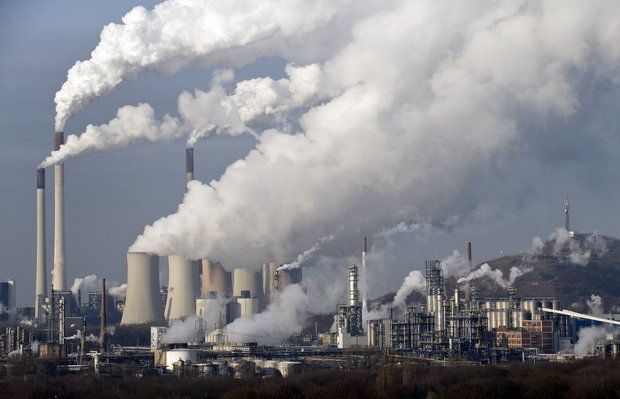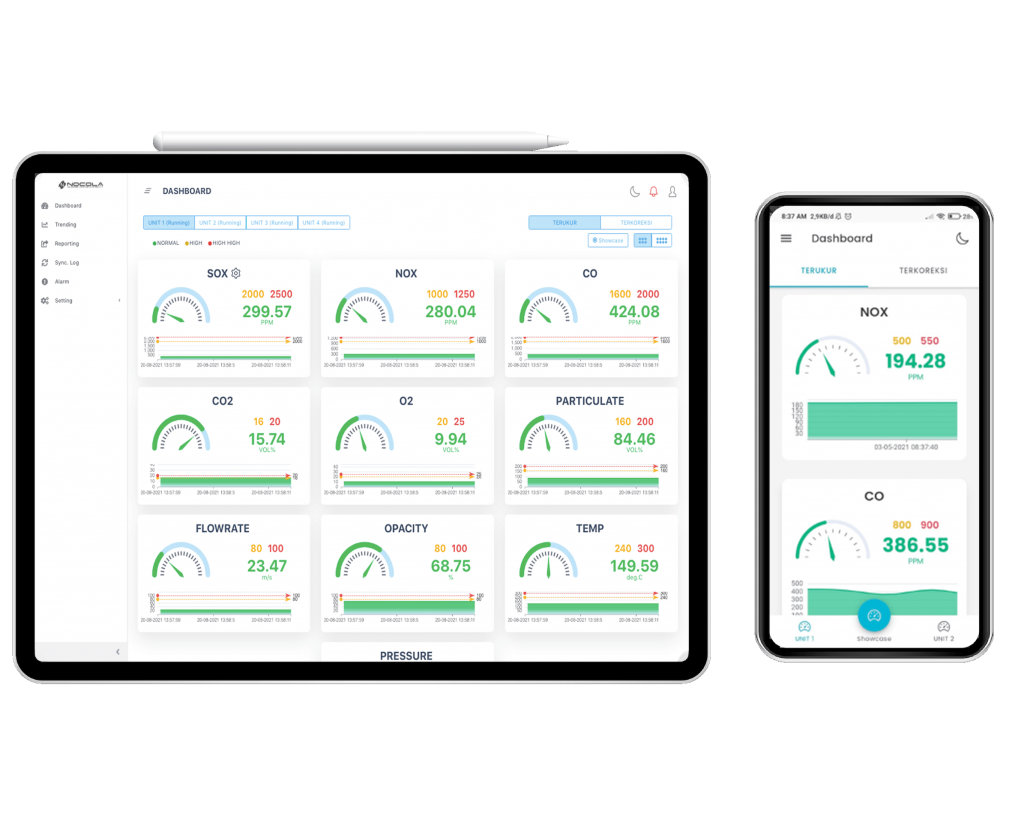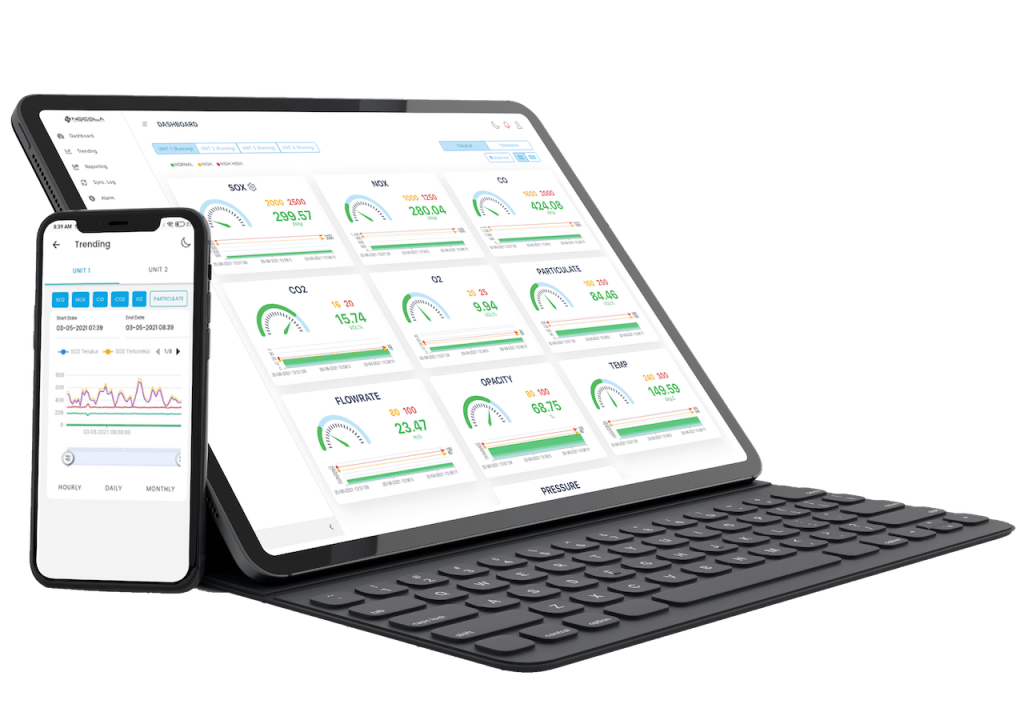Address
304 North Cardinal St.
Dorchester Center, MA 02124
Work Hours
Monday to Friday: 7AM - 7PM
Weekend: 10AM - 5PM
Address
304 North Cardinal St.
Dorchester Center, MA 02124
Work Hours
Monday to Friday: 7AM - 7PM
Weekend: 10AM - 5PM

The energy industry plays a crucial role in providing power to meet our modern needs. However, with the growth of this industry comes significant challenges in managing emissions that can negatively impact the environment and human health. This is where Continuous Emissions Monitoring Systems (CEMS) play a vital role in minimizing emissions while enhancing the performance of the energy industry. This article will explain how CEMS can assist the energy industry in achieving its sustainability goals.

read too : Advantages of CEMS.ID in CEMS Installation
Emissions from the energy industry, particularly from power plants and factories, can produce a substantial amount of pollutants that can contaminate the air, water, and soil. These include greenhouse gases like carbon dioxide (CO2), as well as other pollutants such as sulfur dioxide (SO2) and nitrogen oxides (NOx). The adverse effects of these emissions include climate change, air pollution, and human health issues.

read too : Environmental Reliability: CEMS.id’s Contribution to Integration
CEMS is a continuous monitoring system that measures and records gas and particulate emissions from industrial processes. It assists in several key ways:

read too : CEMS.id: The Importance of Installation for Compliance and Efficiency
Using CEMS in the energy industry offers significant benefits:
CEMS is a powerful tool in the energy industry’s efforts to minimize emissions and enhance sustainable performance. With accurate emissions monitoring and real-time data, industries can take the necessary actions to reduce their negative impact on the environment and comply with strict regulations. In this way, CEMS helps shape a cleaner and more sustainable future for our energy industry.
